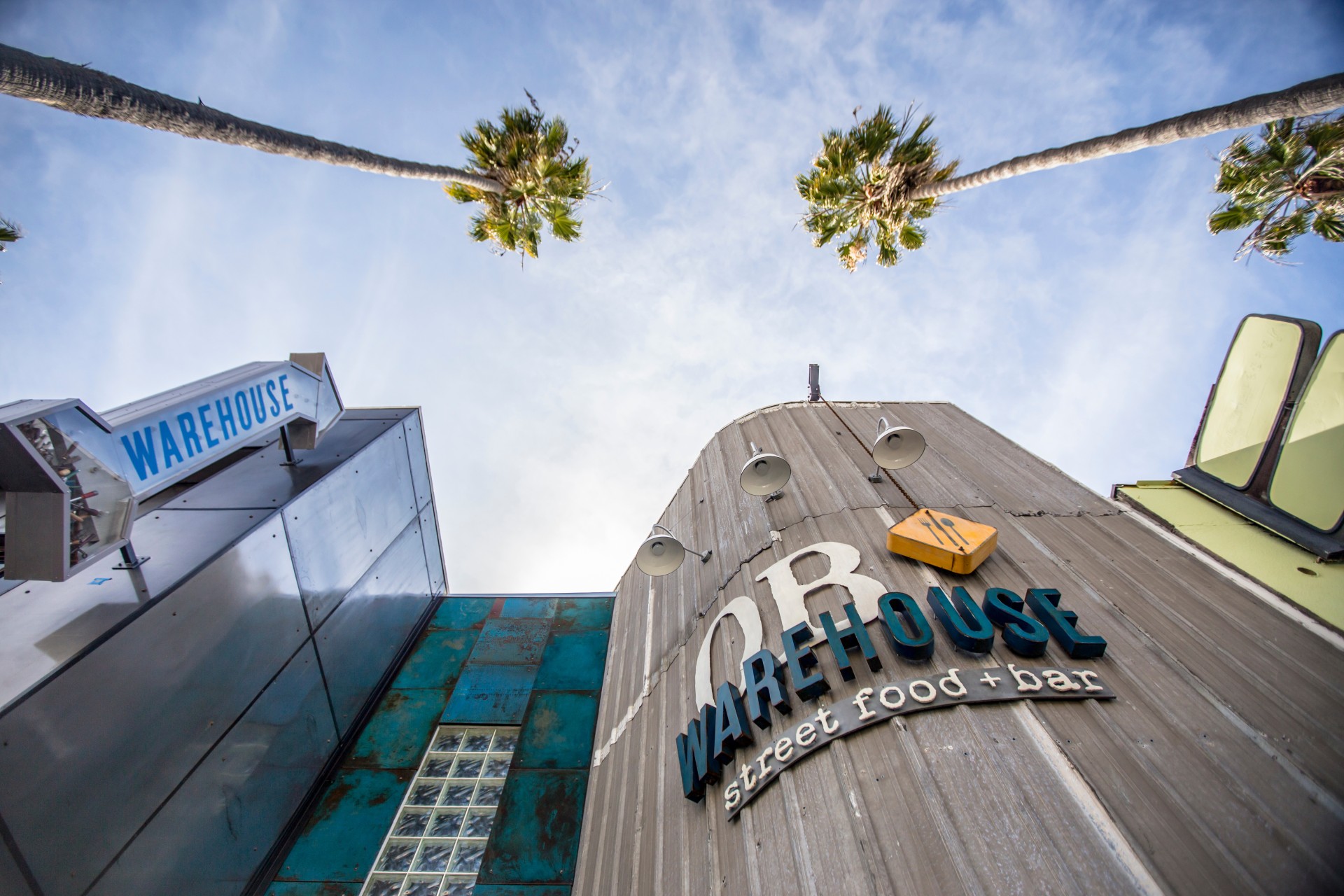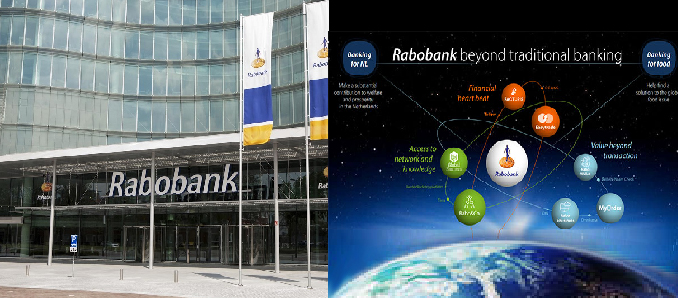Organic food supply chains face immense pressure to boost their output to keep up with organic food products’ retail sales. The demand growth for organic food has resulted in extensive changes in the food and beverage industry. Some of the most significant changes affecting the food supply chains regarding adapting to industry requirements and new methods of producing, sourcing, and procuring organic commodities.
Since the organic food industry isn’t expected to decline anytime soon, the industry players should familiarize themselves with the challenges they might face and find ways to overcome them. This article outlines five challenges facing the organic food supply chains.
1. Business management
As the demand for products skyrockets, vegan and organic restaurants are starting to face the same challenges as their non-plant-based counterparts, including supply chain issues, quality control concerns, consumer demand outnumbering supply, lack of dependable raw materials, and more. For your business to capitalize on new global opportunities, you must unify your supply chains, manufacturing processes, product development, and distribution networks.
Failure to do so may lead to the risk of failure in today’s increasingly competitive markets. With the ERP for vegan food manufacturer solution, successful vegan and organic food companies can upgrade their back-end office technology to thrive in the fast-paced business environment.
2. Insufficient organic farms
The organic food and beverage market depends on organic farming, a cumbersome process faced with challenges like pest attacks, insufficient appropriate land availability, and increased costs. This makes organic farming uncommon, reducing the buyer’s negotiation power and increasing inconsistent supply risks. Converting the standard agricultural farms into organic farmland can help address the insufficient organic farms issue, increasing production.
3. Pest risks and threats
When looking at the organic food supply chain, it’s essential to consider the high risk associated with organic farming. Adding to the physical risk caused by the high pest threats and more crop-destroying conditions is the expensive and time-consuming aspect of converting into organic farming.
The organic food production standards require that land should not have prohibited substances used for at least three years before harvesting an organic crop. This reduces the number of suppliers and organic farmers who can fulfill industry demands.
4. Insufficient organic food growth
While some specific organic crops are seasonal, other regions can’t grow enough to cater to customer demands, making this a supply chain challenge that can increase costs and prevent progress. Frequently, companies have to rely on several suppliers to procure all the products, crops, or ingredients they need. For instance, businesses that utilize organic food might import organic carrots from one region, organic cucumbers from another, and organic zucchini from another area to make one product type. This increases import costs, complicating the supply chain.
5. Organic food transportation
The transportation of organic food products while keeping them separate from non-organic ones is a major organic food supply chain challenge. Businesses offering non-organic and organic foods must use different machinery for every production step to ensure good organic food practices and maintain standards. Alternatively, they might decide to thoroughly clean the machines between non-organic and organic use, reducing production speed. Organic food transportation should be refrigerated to avoid spoilage.
Endnote
The organic food industry growth won’t go down any time soon. Companies should optimize the supply chains, change their procurement techniques, and look for suppliers to meet customer demand while remaining competitive. Overcoming these challenges is the key to organic food business growth.







